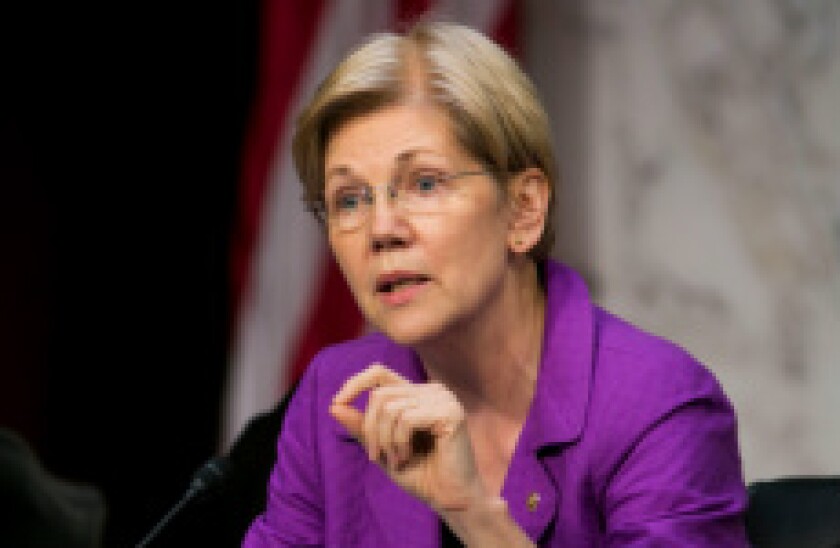Governments across the world have rolled out extraordinary support for the corporate sector, with central bank bond buying, guaranteed loans, salary support for workers, strategic equity investments and other schemes to prop up the companies blindsided by the effects of coronavirus and related lockdowns.
But these schemes are carefully structured and targeted — guarantees are usually partial for large loans, to assure governments that commercial banks will take some of a given company’s risk. Bond buying or commercial paper support from the central banks is targeted at investment grade borrowers only.
Few governments so far have been willing to stomach the idea of subsidising borrowing for the portfolio companies of private equity companies, which are usually too heavily indebted to have investment grade ratings, and often too large to benefit from small-cap schemes.
There’s little wonder, given how politically toxic such a move might be. Former Democratic presidential hopeful Elizabeth Warren has led a crusade against the private equity industry, a cry taken up by many on the political left.
Private equity firms are accused of asset-stripping, of a “heads I win, tails you lose” business model, of pushing perfectly sound companies into bankruptcy through excessive leverage, extreme tax avoidance, terrible treatment of workers and gross personal enrichment of the major participants.
Many of these charges have some truth to them, and the industry doesn’t do much to help itself. KKR’s nine-times levered Envision Healthcare, for example, has been cutting the pay of the doctors it employs, even as the coronavirus crisis unfolds.
While sponsors have a justified reputation for taking a ‘rational’ approach to their portfolio companies and their funding, this isn’t always great news for workers and other stakeholders. The fees the buyout shops charge far exceed the costs of active investing in public markets (though compares reasonably to hedge funds) and the founders of the big funds are billionaires many times over.
No different
But it ought to be possible to divorce distaste for the industry from discrimination against its portfolio companies.
Private equity is ultimately just another way to gather up savings and allocate them to assets in the hope of making a return.
Some companies are owned by families or founders, some by investors who buy shares through a stock exchange, others by private equity, and others by pension funds or sovereign wealth. Different ownership does lead to different capital structures, and private equity companies do use more debt than public companies.
But public companies with a dispersed shareholder register ought to demand a less levered capital structure. Shareholders see no board minutes, have little access to management, and have to puzzle over mediocre disclosure four times a year (at best). They should be less tolerant of risk than an owner, such as a private equity fund, with none of these disadvantages.
There ought to be no special moral hierarchy between these ownership structures — the business news archives are replete with examples of publicly listed, investment grade companies behaving reprehensibly, and founder companies are often worst of all.
If the point of the special government support schemes is to preserve the corporate structure of the economy, enabling a quick bounceback once lockdown measures are lifted, it makes no sense to draw a bright line at the bottom of investment grade, and still less to distinguish listed from private equity-owned companies.
Support doesn’t have to be on the same terms as a top-rated firm — credit risk, and moral hazard, can still be a component. But there’s a great deal of space between the near risk-free rates offered to investment grade companies, and the rates likely to be demanded by the special situations funds for propping up levered borrowers. Governments ought to hold their noses and throw a lifeline to portfolio companies.

